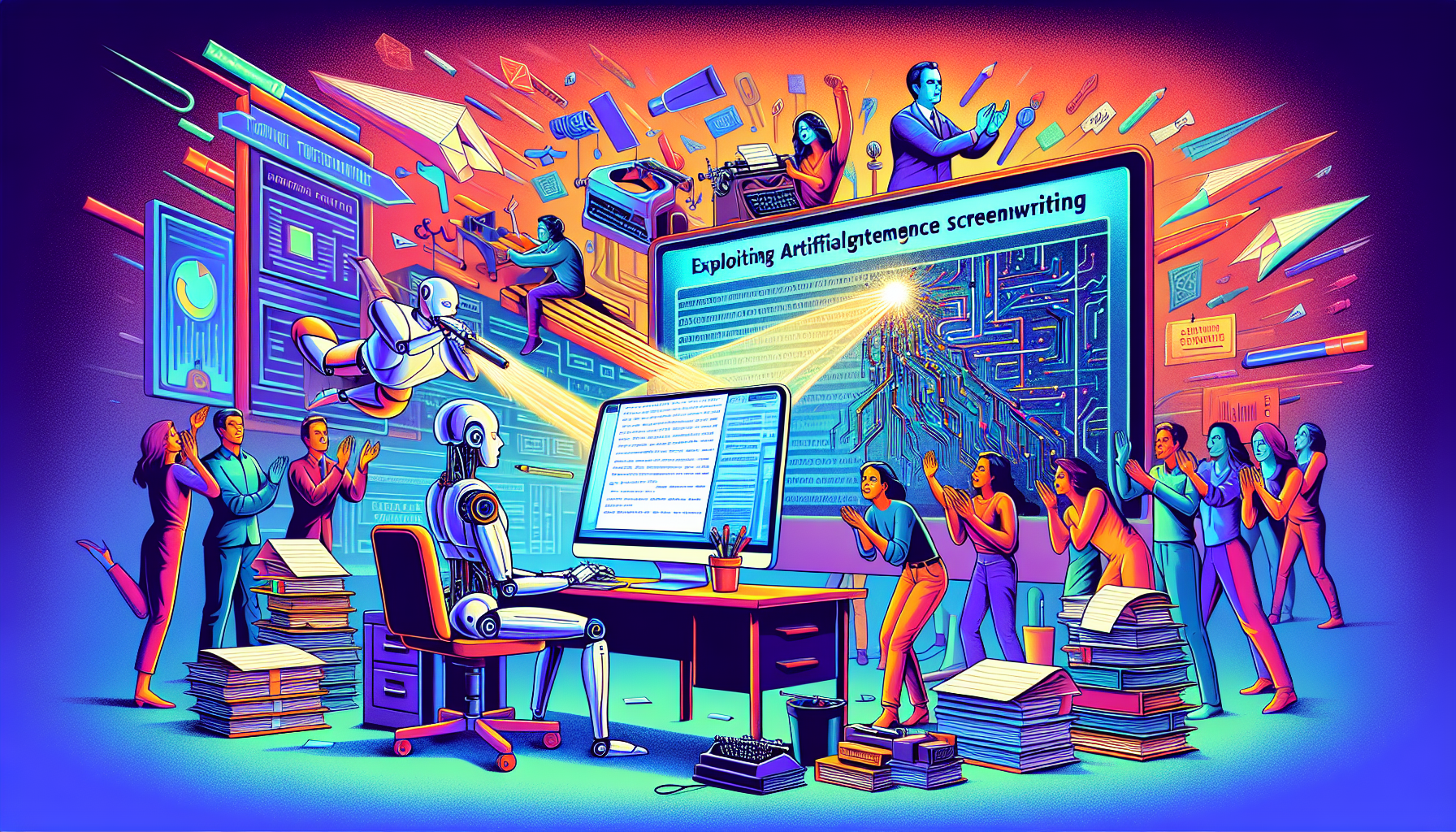
Introduction to AI in Screenwriting
As technology evolves, Artificial Intelligence (AI) has infiltrated many aspects of creativity, including the art of screenwriting. AI tools for screenwriting are designed to assist writers by generating ideas, developing characters, constructing dialogue, and even suggesting plot twists. These tools are not meant to replace the writer, but to complement their skills and streamline the creative process. By understanding and mastering these tools, screenwriters can harness the power of AI to push the boundaries of storytelling.
Understanding the Basics of AI in Screenwriting
AI in screenwriting primarily relies on machine learning algorithms and natural language processing to analyze vast amounts of text and understand patterns in storytelling, character development, and dialogue. These tools can then apply this understanding to assist writers in various aspects of the screenwriting process. It’s essential to grasp that AI tools work best as collaborators, providing suggestions and generating content that writers can refine and mold into their narratives.
Choosing the Right AI Tools
There is a plethora of AI screenwriting tools available, each with its strengths and weaknesses. Popular choices include Plotbot, ShortlyAI, and Sudowrite. Some tools are more focused on generating initial ideas and plot points, while others excel at enhancing dialogue or predicting audience reaction to certain story elements. The key is to experiment with different tools to find the ones that best suit your creative process and storytelling style.
Enhancing Creativity with AI
One of the most significant advantages of using AI in screenwriting is its ability to enhance creativity. AI can generate numerous plot possibilities, character traits, and dialogue options in seconds, providing writers with a multitude of choices they might not have considered otherwise. This can be particularly useful during writer’s block or when seeking fresh perspectives on a script. By keeping an open mind and being willing to iterate on AI’s suggestions, writers can discover innovative storytelling approaches and narrative avenues.
Collaborating with AI
Treating AI as a collaborative partner in the screenwriting process can lead to fruitful results. Rather than viewing AI-generated content as the final product, view it as a first draft or a brainstorming session. This approach encourages writers to critically engage with AI’s suggestions, refining and expanding on them to create more nuanced and compelling narratives. Through this iterative process, AI and the writer work in tandem, each contributing their unique strengths to the project.
Navigating the Ethical and Creative Considerations
While the benefits of using AI in screenwriting are clear, it’s also crucial to navigate the ethical and creative considerations that arise. Important questions about originality, copyright, and the essence of human creativity in storytelling come into play. Writers must ensure that their use of AI tools aligns with copyright laws and ethical guidelines, aiming to use AI as a supplement to their creativity rather than a replacement. Furthermore, embracing the uniquely human elements of storytelling—such as emotion, intuition, and personal experience—remains essential for creating resonant and meaningful work.
Mastering AI for Screenwriting Success
To truly master AI for screenwriting success, writers should adopt a dual approach that involves both technical proficiency and creative intuition. On the technical side, understanding how AI tools work and staying updated on the latest developments can maximize their utility. Creatively, writers should focus on using AI to expand their imagination and explore new narrative possibilities while maintaining their unique voice and vision. By striking this balance, screenwriters can leverage AI to innovate the craft of storytelling, opening up new realms of possibility for the screen.
In the era of digital storytelling, mastering AI for screenwriting represents not just an opportunity for heightened creativity, but a necessity for staying relevant and competitive. As AI technology continues to evolve, so too will the ways in which stories are told. Embracing this change and learning to collaborate with artificial intelligence will enable screenwriters to reach new heights of success and innovation in their work.






